Dablander, Fabian , Maien S. M. Sachisthal, Viktoria Cologna, Noel Strahm, Anna Bosshard, Nana-Maria Grüning, Alison J. K. Green, Cameron Brick, Adam R. Aron, and Jonas M. B. Haslbeck. "Climate Change Engagement of Scientists". Nature Climate Change. August 07, 2024. https://www.researchgate.net/...
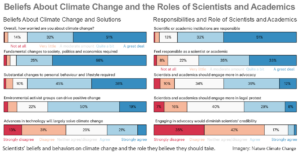
Climate change denial rejects, disputes or opposes the scientific consensus on climate change. Climate change denial includes unfounded doubts about the extent of human-induced climate change, its impact on nature and human society, and the potential for human action to adapt to global warming. Climate change denial is also implicit when the science is accepted but people cannot reconcile it with their ideology, beliefs or actions. While scientists are in a good position to contribute to the fight against climate change more than academic research, they need to overcome intellectual and practical barriers to actually engage. It is the climate scientists who must stand up to and oppose the climate deniers by presenting the facts and the risks of climate change and climate denial.
Posted on 20/01/25
Recent Abstracts
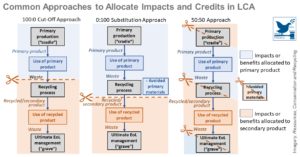
Towards Sustainable Development through the Circular Economy—A Review and Critical Assessment on Current Circularity Metrics
The circular economy (CE) is an optimal pathway to sustainable development and companies, governments and academics have formulated various proposals to measure circularity. Ideally, circularity metrics indicate how well circularity is applied to the whole life cycle of products and services in terms of society, the e ...
Posted on 24/10/22
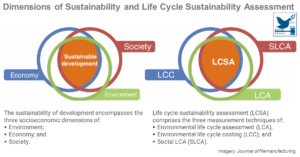
What are the challenges in assessing circular economy for the built environment? A literature review on integrating LCA, LCC and S-LCA in life cycle sustainability assessment, LCSA
For circular economy (CE) to succeed, focus must be given to the service life phase and the reuse/recycle phase of building projects. This involves more stakeholders both in the early decision-making phases of projects as well as in the design phase and impacts the project value chain. Life cycle sustainability asses ...
Posted on 19/10/22
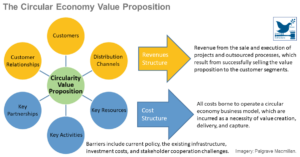
Delivering the Circular Economy: A Toolkit for Policymakers
The circular economy offers business leaders and government a clear opportunity for long-term growth that is less dependent on cheap materials and energy and can restore and regenerate natural capital. This report provides an actionable toolkit for policymakers for embarking on a circular economy transformation that d ...
Posted on 14/10/22
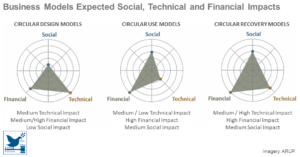
Circular Business Models for the Built Environment
Circular business models (CBMs) create additional value by taking a systemic view across the whole life cycle of assets, using new technologies, and applying advanced design approaches. This added value demonstrates the feasibility of the business case for adopting CBMs, the social, economic and environmental benefits ...
Posted on 12/10/22
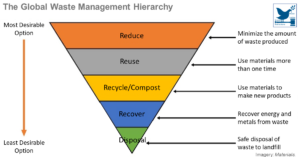
Categorisation System for the Circular Economy
The lack of a commonly accepted and sufficiently inclusive definition and circularity measurement methodology hampers the transition to a more circular economy in numerous ways. To counter this, this circular economy categorization system was proposed comprising 14 circular categories organized in four high-level grou ...
Posted on 10/10/22
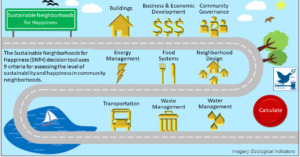
Stakeholder Collaboration in Sustainable Neighborhood Projects—A Review and Research Agenda
Stakeholder collaboration in neighborhood projects facilitates networking and knowledge transfer. Construction companies participate in the task definition, research institutions contribute to feasibility testing, civil society organizations (CSOs) reinforce environmental approaches, and international partners increas ...
Posted on 05/10/22
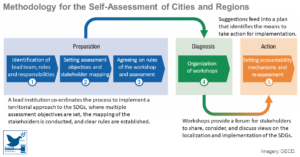
OECD Toolkit for a Territorial Approach to the SDGs
This action checklist helps government policymakers in uptaking, implementing, and localizing the Sustainable Development Goals (SDGs), as a tool for better policies and living quality. It covers (1) policies and strategies, (2) multi-level governance, (3) financing and budgeting, (4) data and information, and (5) sta ...
Posted on 03/10/22

The Great Carbon Capture Scam
The oil industry invented “net zero” as the perfect alternative to slowing oil production to halt global heating. The netting deducts some carbon from total CO₂ emissions to create “net zero emissions”. The oil industry thereby claims to capture and store CO₂, while using this “captured carbon” for enhanced oil recov ...
Posted on 30/09/22
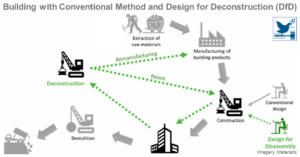
Key Approaches to Construction Circularity: A Systematic Review of the Current State and Future Opportunities
Construction circularity is identified in 1) material design, 2) building design, 3) construction and facility management, 4) urban sustainability development, and 5) system precondition. These five broad categories represent different levels of circularity implementation in construction and can be further decomposed ...
Posted on 28/09/22
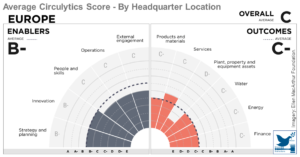
Material Circularity Indicator (MCI)
The Material Circularity Indicator (MCI) allows companies to identify circular value from their products and materials and mitigate risks from material price volatility and material supply. It enables users to analyze and evaluate a range of environmental, regulatory, and supply chain risks for their designs and produ ...
Posted on 26/09/22
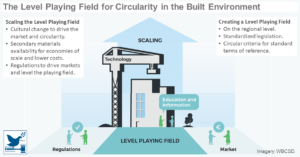
Scaling the Circular Built Environment: Pathways for Business and Government
The private and public sectors need to create a level playing field for circular materials, products and services to become the new normal in the built environment. The transition to a circular economy calls for introducing new valuation methods and implementing long-term policies that encourage the scaling of circula ...
Posted on 23/09/22
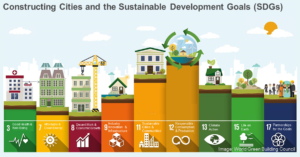
The Framing of a Sustainable Development Goals Assessment in Decarbonizing the Construction Industry – Avoiding “Greenwashing”
To avoid the use of the Sustainable Development Goals (SDGs) for greenwashing, construction projects must include both long-term and short-term factors in assessing their SDG sustainability. However, companies rarely use SDG assessments as a tool for decisions for real change towards more sustainable and equitable cor ...
Posted on 21/09/22
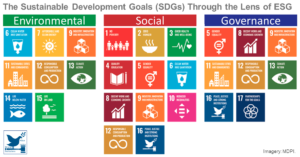
Asset Management Industry Confronts the Challenges Presented by Climate Change Transition
Climate change transition and a rapidly evolving regulatory landscape confront the asset management industry with considerable challenges and present risks and opportunities for investing. Asset managers must strengthen disclosure of the climate-related risks and opportunities and support “sustainability” initiatives ...
Posted on 19/09/22

Talking a Good Game: Stop Paying Lip Service to Collaboration
Collaboration with businesses, public institutions, and civil society organizations is generally seen with a thumbs-up or a comment on a social media posting. Individuals often express interest in engaging in a collaborative initiative, but seldom follow through with collaborative action. This article suggests that w ...
Posted on 16/09/22
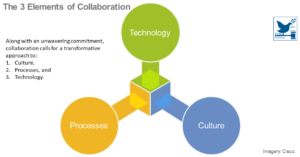
The Collaboration Imperative
The earth’s atmosphere, natural resources, and biological ecosystems are of fundamental value to business and society, much of which is destroyed through the ways we use these complex and fragile systems. Meeting the challenges of climate change, resource depletion, and ecosystem loss calls for improved collaboration ...
Posted on 14/09/22

